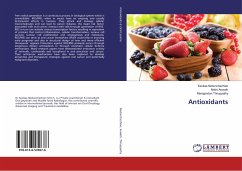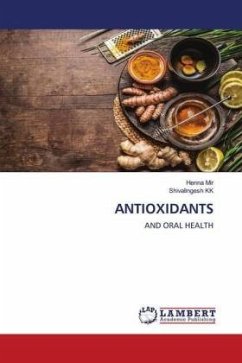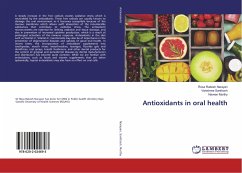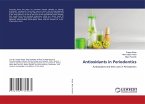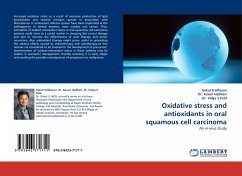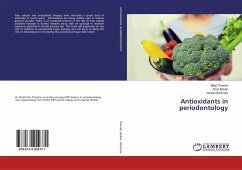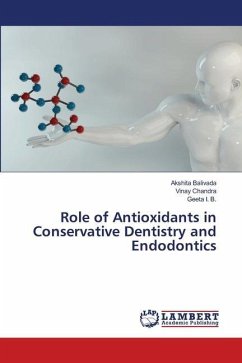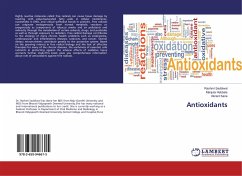Free radical generation is a continuous process in biological system which is unavoidable. ROS/RNS, when in excess have an ongoing and usually detrimental effects in humans. They attack and damage cellular macromolecules and can lead to cancer. Tobacco, the major risk factor associated with oral cancer, interact with cells through generation of ROS. ROS in turn can activate various transcription factors resulting in expression of proteins that control inflammation, cellular transformation, tumour cell survival, tumour cell proliferation and angiogenesis and metastasis. ROS/RNS can serve as oral cancer biomarkers which could help in knowing early prognosis and also in structural design of new and more efficient therapeutic regimes. Protection against ROS/RNS primarily occurs through exogenous dietary antioxidants or through enzymatic cellular defence mechanisms. Many research papers have demonstrated anticancer activity of retinoids, carotenoids and tocopherol in oral precancer and cancer. Their anticancer mechanisms have also been explored to develop preventive and therapeutic strategies against oral cancer and potentially malignant disorders.
Bitte wählen Sie Ihr Anliegen aus.
Rechnungen
Retourenschein anfordern
Bestellstatus
Storno

